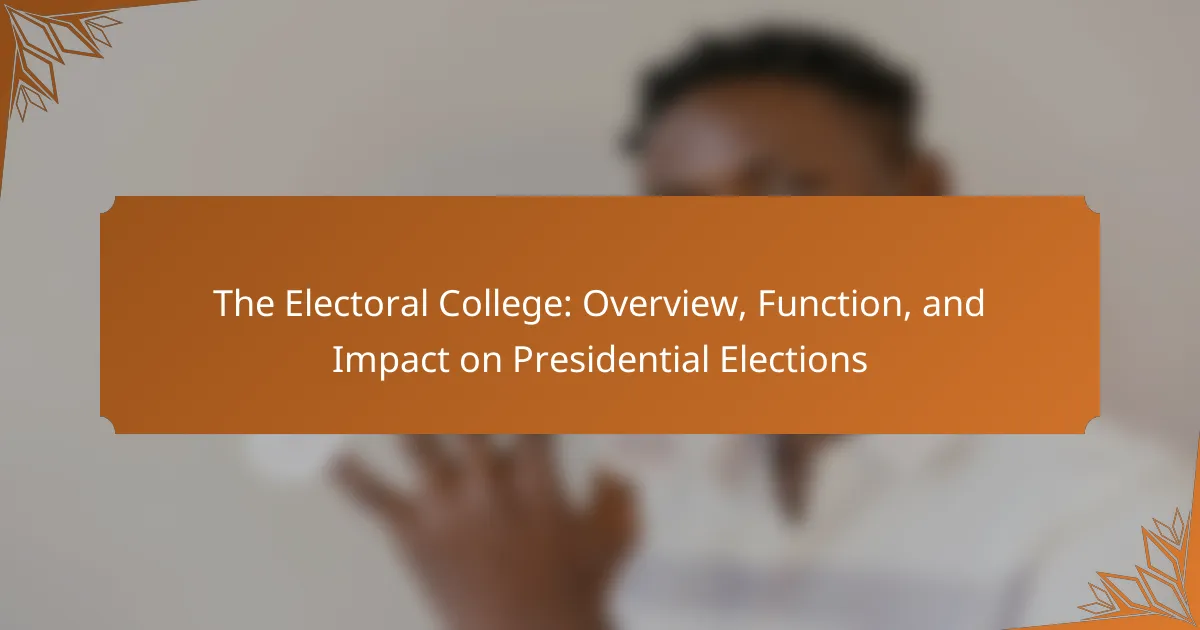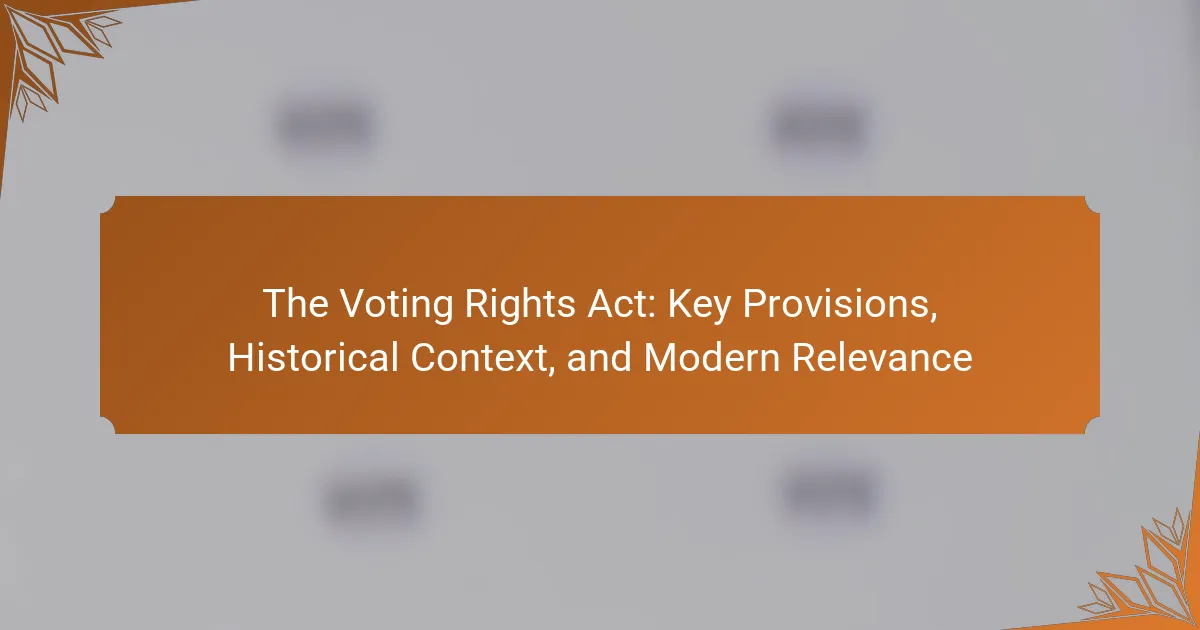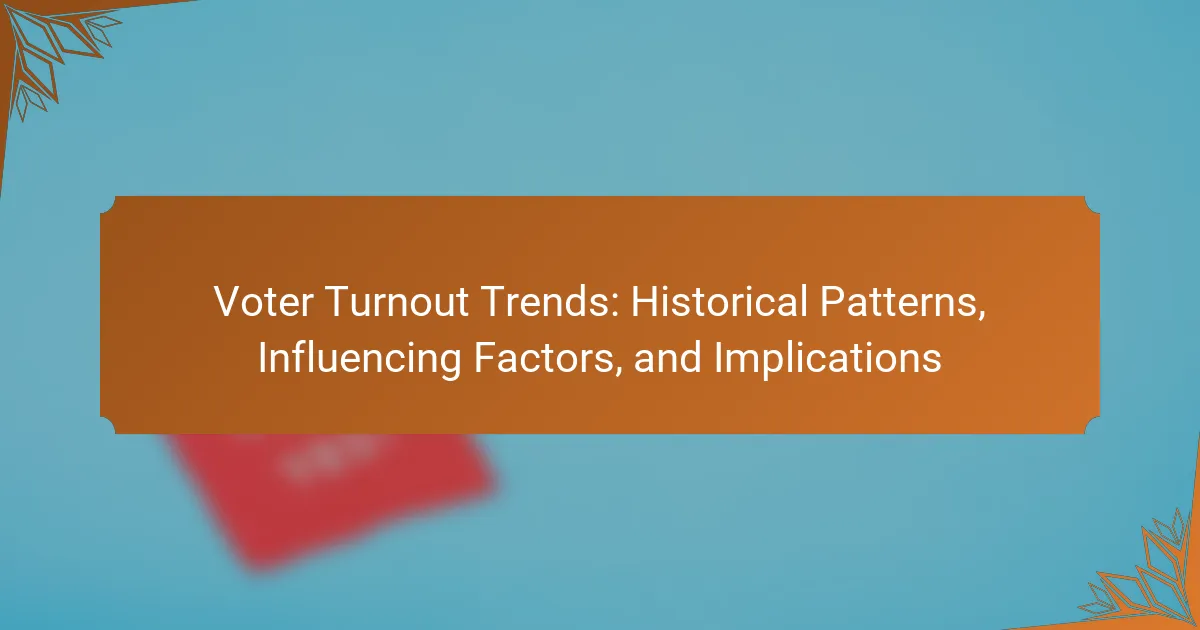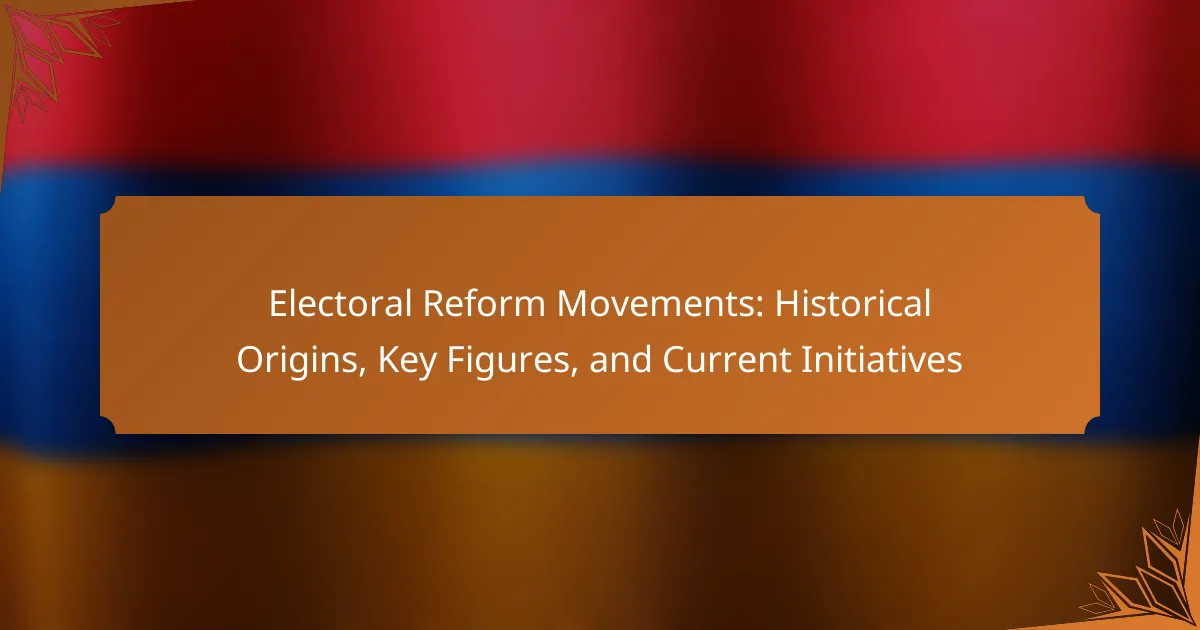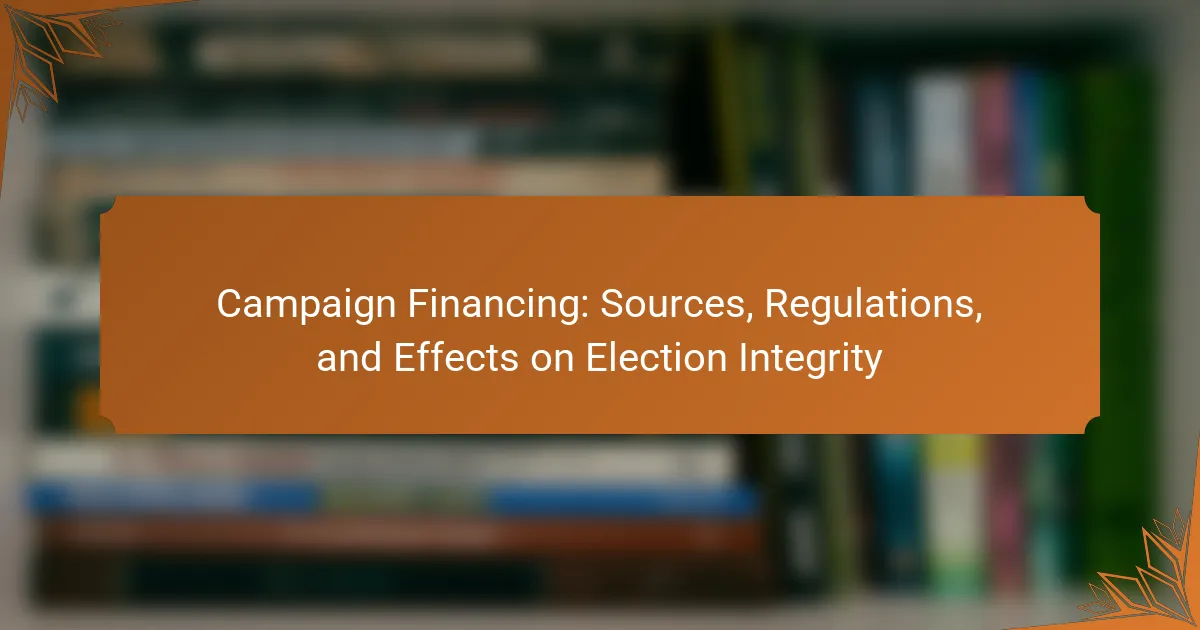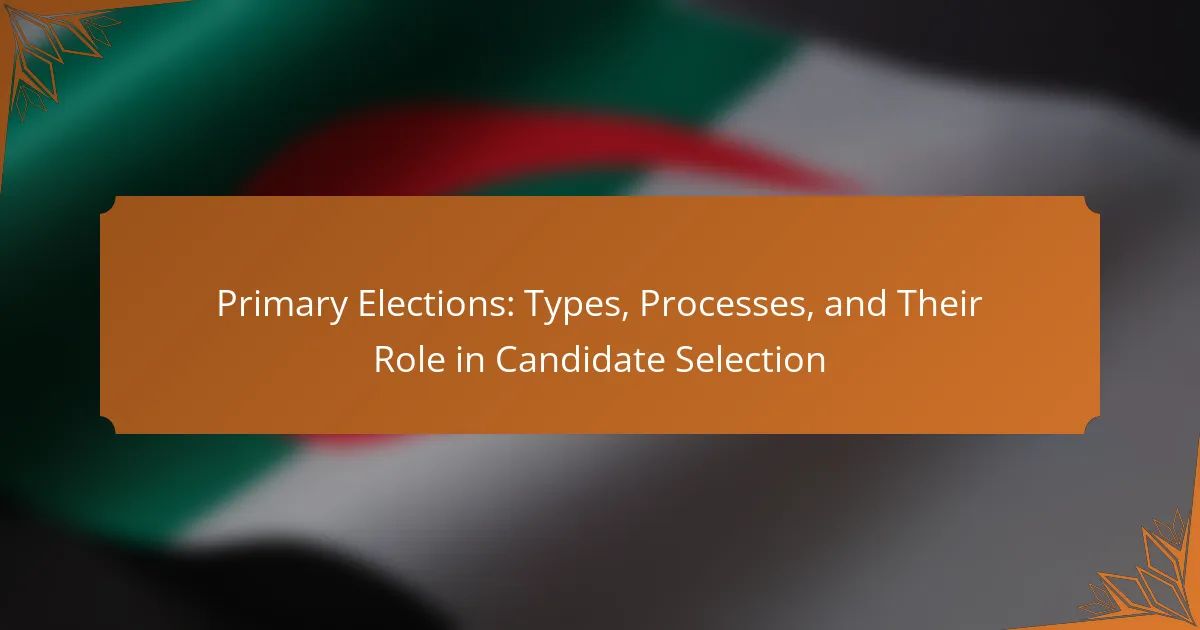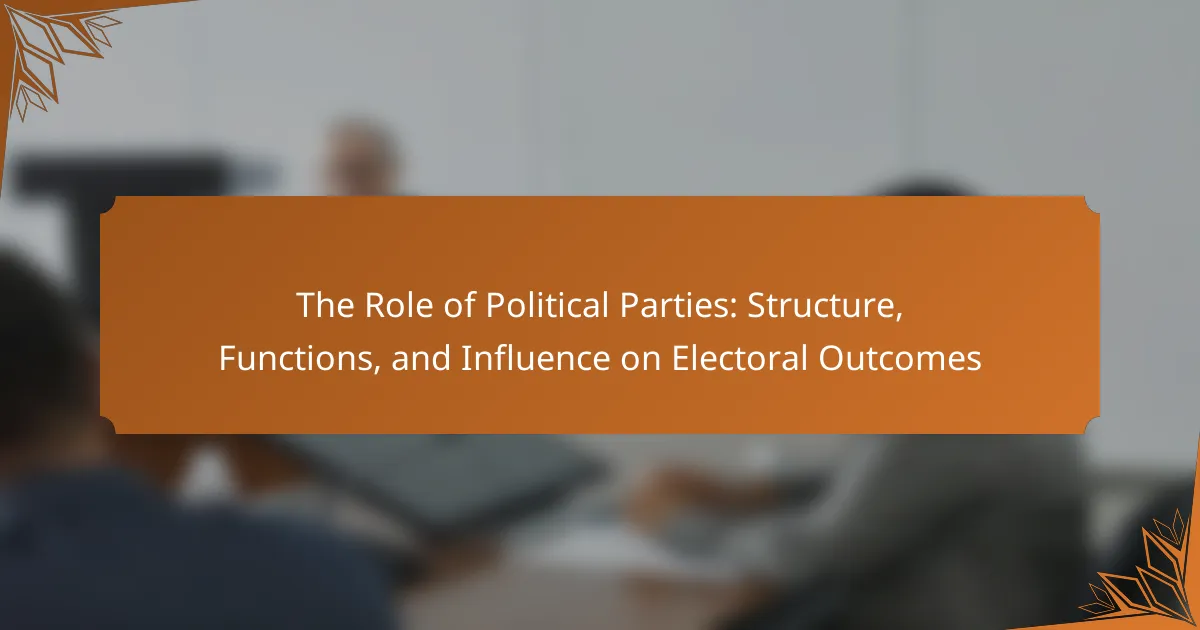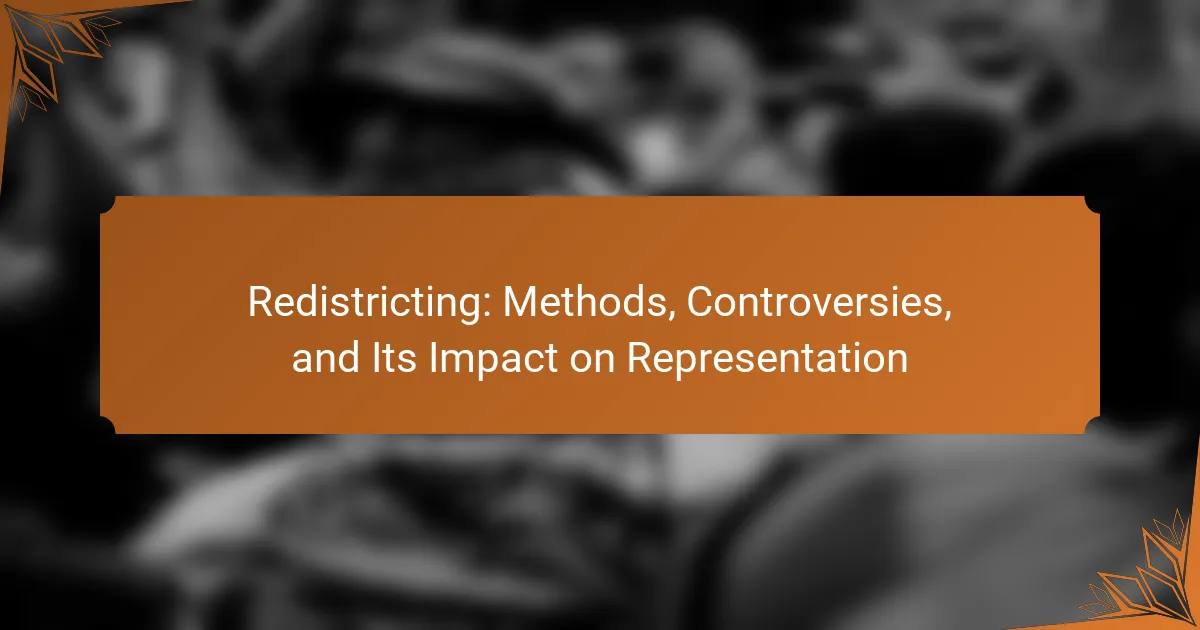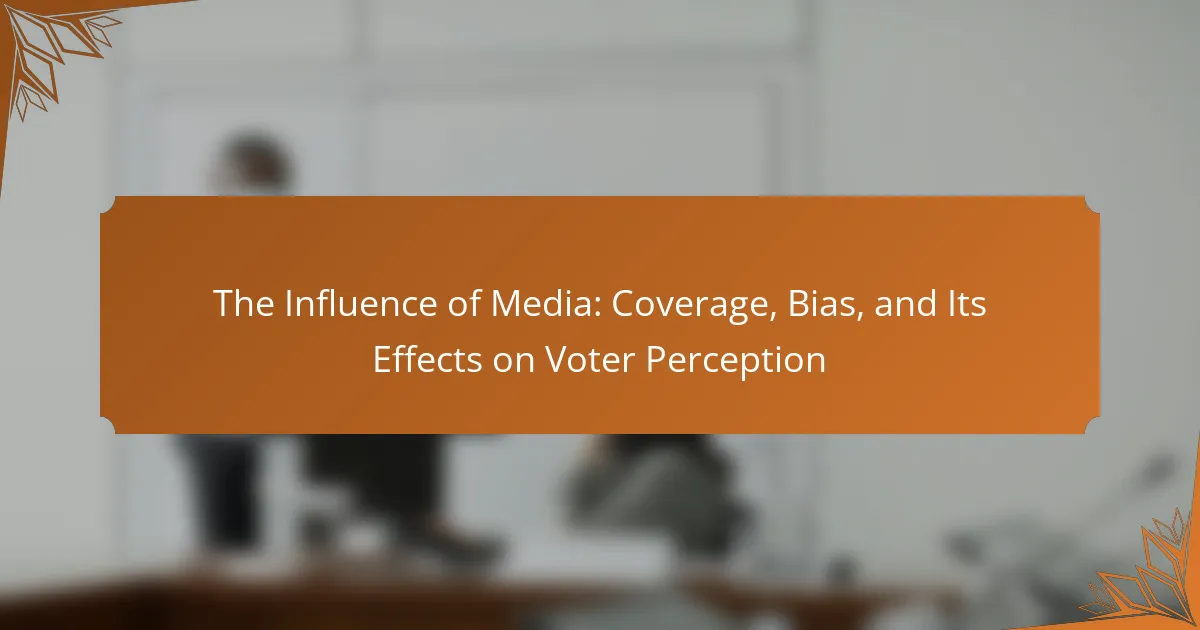Archive Post
Home / Electoral Processes
The Electoral College: Overview, Function, and Impact on Presidential Elections
The Electoral College is a constitutionally established body responsible for electing the president and vice…
The Voting Rights Act: Key Provisions, Historical Context, and Modern Relevance
The Voting Rights Act is a significant federal legislation enacted on August 6, 1965, aimed…
Voter Turnout Trends: Historical Patterns, Influencing Factors, and Implications
Voter turnout trends encompass the patterns and changes in the percentage of eligible voters participating…
Electoral Reform Movements: Historical Origins, Key Figures, and Current Initiatives
Electoral reform movements are organized efforts aimed at changing electoral systems to enhance fairness, accessibility,…
Campaign Financing: Sources, Regulations, and Effects on Election Integrity
Campaign financing is the process of raising and spending funds to promote candidates during elections,…
Primary Elections: Types, Processes, and Their Role in Candidate Selection
Primary elections are preliminary elections that determine a political party's candidate for the general election,…
The Role of Political Parties: Structure, Functions, and Influence on Electoral Outcomes
Political parties are essential intermediaries in democratic systems, organizing and representing diverse societal interests. They…
Redistricting: Methods, Controversies, and Its Impact on Representation
Redistricting is the process of redrawing electoral district boundaries in the United States, occurring every…
The Influence of Media: Coverage, Bias, and Its Effects on Voter Perception
Media significantly influences voter perception by shaping opinions and attitudes toward candidates and political issues.…

